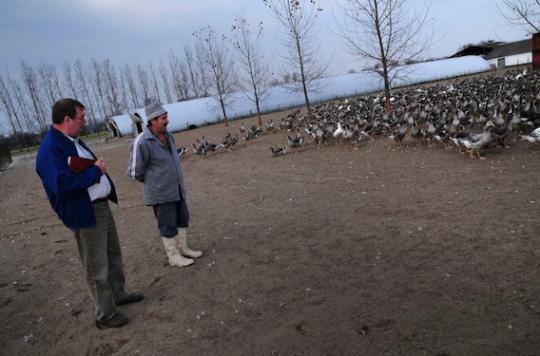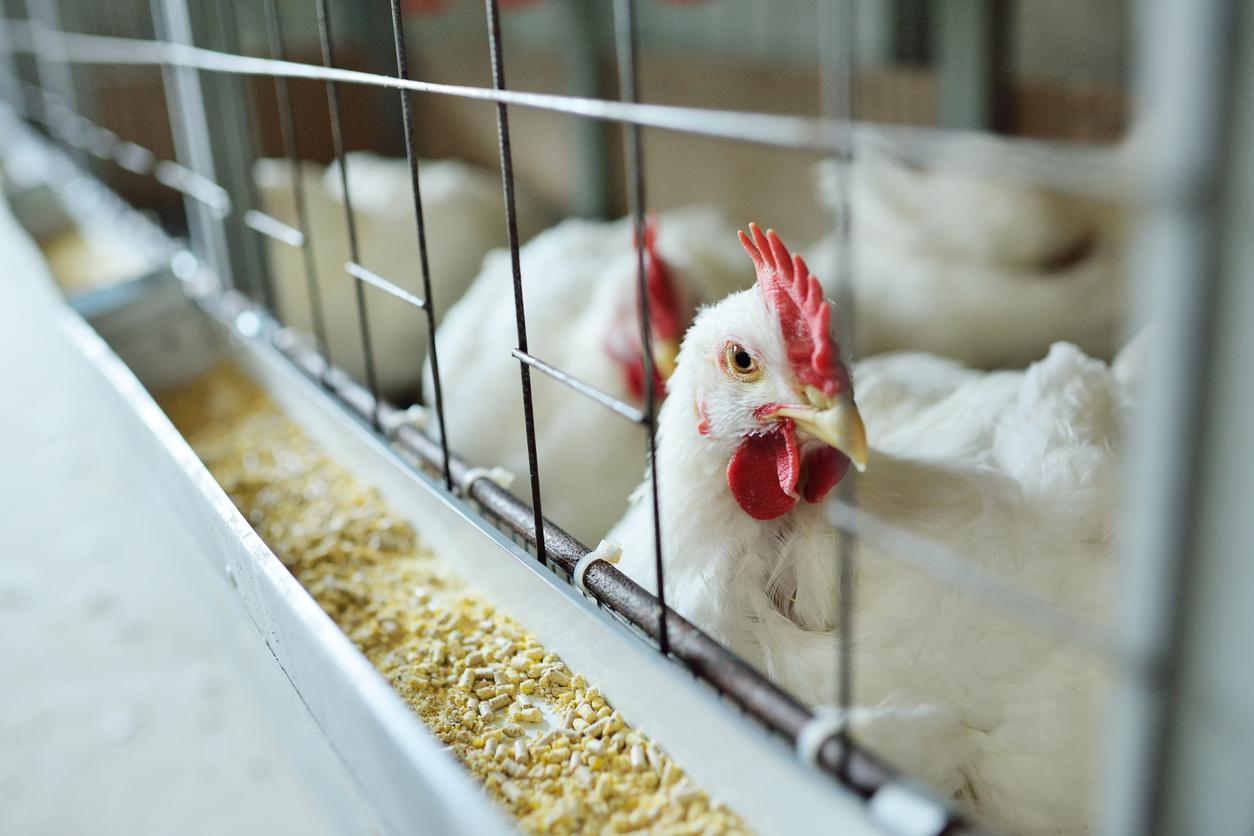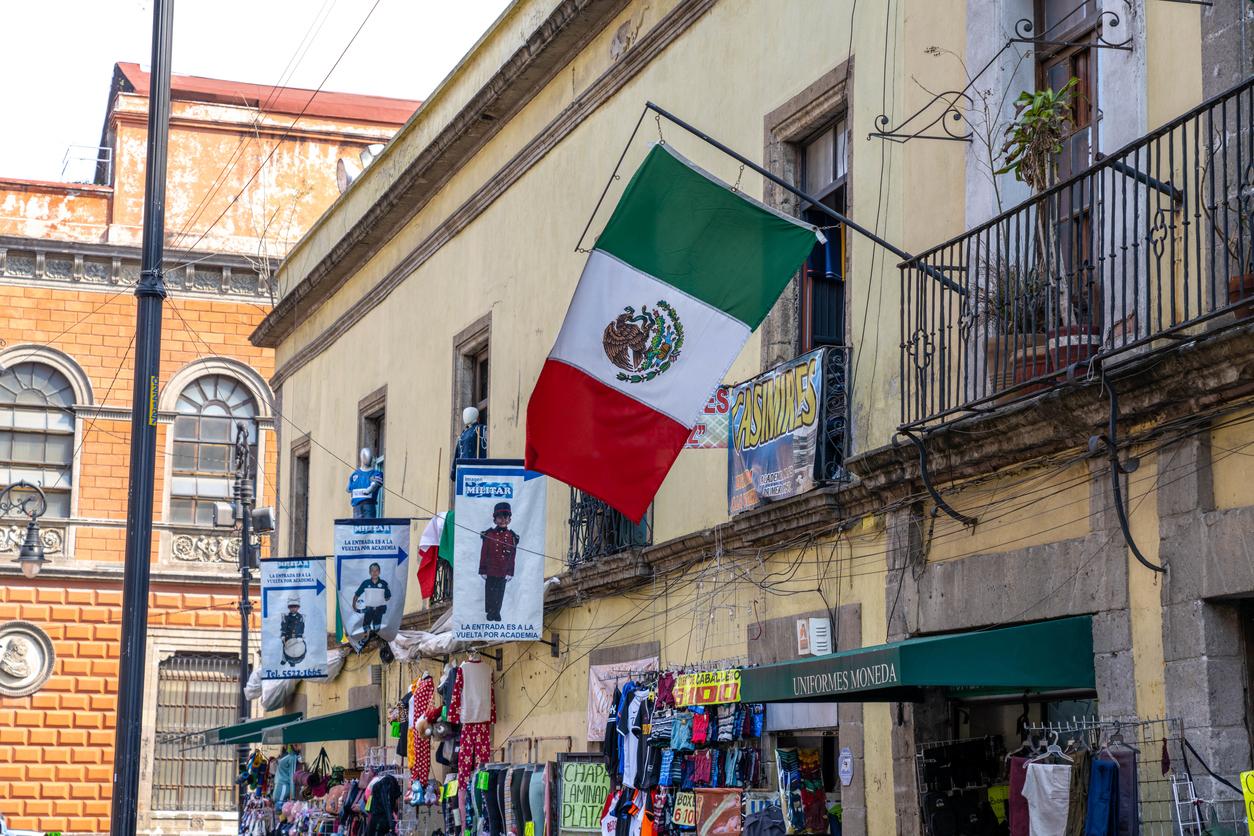No more ducks or geese on the farms. Since Monday, the crawl space has been launched in 18 departments in southwestern France. A big blow for the breeders.

On April 18, a crawl space began in all poultry farms, commercial or not in the restriction zone (1). In the context of a radical fight led by the government against bird flu, it will last one month, until May 16, 2016. The Ministry of Agriculture adds, moreover, that all buildings that have housed palmipeds must be disinfected and kept empty for at least 21 days, in 18 departments of the South-West, in total.
Then the restriction zone will be lifted “at the end of a national screening program starting from May 2, 2016 […] if it demonstrates the absence of viral circulation, ”writes the government. These measures should make it possible to relaunch the sector in healthy farms, he believes. But this episode will not be without consequences for the breeders, it is a hard blow to an industry already in difficulty.
A colossal financial loss
According to the Interprofessional Committee of Foie Gras Palmipeds (CIFOG), the losses could reach “200 to 300 million euros”. In the Figaro, Marie-Pierre Pé, secretary general of the Committee, clarified her fears about a possible shortfall: “the depopulation of farms should lead to a loss representing 30% of annual production”.
More than 4,000 farms are in fact affected by an interruption in their production, ie 75% of French production of geese and ducks. To support producers, the Ministry of Agriculture promises help up to 130 million euros.
A flat rate will be set to compensate each animal not produced, and the ministry agrees to pay 50% of the producers’ estimates before the end of May. “A device of the same type will be put in place for poultry producers other than palmipeds (geese and ducks editor’s note) also impacted by the depopulation measures ”, announced the Ministry of Agriculture in a press release.
The hatcheries also compensated
Other players in the sector will also benefit from the government envelope. Hatchers will thus receive 20 million euros, and peripheral businesses (slaughtering, processing, transport, poultry feed, etc.) could be helped up to an additional 60 million euros in a second step, after confirmation of losses in 2016.
Finally, all breeders fear a loss of consumer confidence. Foie gras, traditionally consumed during the end of year celebrations, could be less present on the tables of the French. The other explanation given is an increase in the price of this dish which could discourage amateurs from buying it.
(1) The departments included in the restriction zone are the Pyrénées Atlantiques, Hautes-Pyrénées, Ariège, Haute-Garonne, Gers, Landes, Gironde, Lot et Garonne, Tarn et Garonne, Tarn, Aveyron, Lot, Dordogne, Corrèze and Haute-Vienne, and part of Cantal and Aude.
.
















